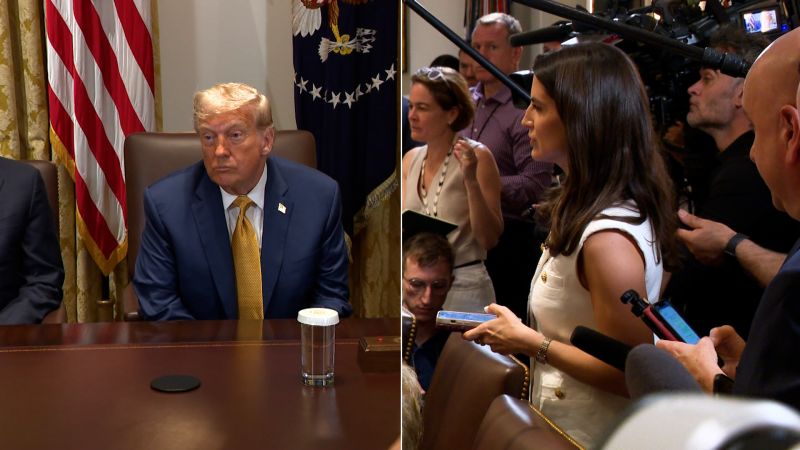Severe flooding in central Texas cast a shadow over President Donald Trump‘s week, which was marked by urgent negotiations for a peace deal with Israeli Prime Minister Benjamin Netanyahu. The devastating weather conditions have resulted in significant damage and loss of life, prompting federal assistance efforts. As the President contended with the crisis, his administration prepared for critical discussions regarding international trade and military aid.
In addition to addressing the floods, Trump’s administration is navigating complex tariff negotiations. The deadline for reciprocal tariffs has been moved to August, raising concerns among businesses and trade partners about potential economic impacts. These tariffs could affect a wide range of goods, influencing prices and market stability.
The President’s dealings are not limited to tariffs. There are also growing questions surrounding a pause on weapons deliveries to Ukraine. Sources close to the White House suggest that the decision may have originated from high-level discussions about foreign aid priorities. This pause could have significant implications for the ongoing conflict in Eastern Europe, as Ukraine continues to seek support in its efforts against aggression.
In a week filled with pressing matters, Trump’s Texas visit highlights the dual challenges of domestic crisis management and international diplomacy. The President’s ability to balance these responsibilities will be critical as he seeks to maintain public confidence and support, particularly in light of the devastating floods that have affected many communities.
As Trump continues to navigate this complex landscape, the outcomes of his negotiations with Netanyahu and on tariffs will be closely monitored. The administration’s approach to foreign relations and trade will likely play a pivotal role in shaping both domestic and international perceptions of the President’s leadership during a tumultuous time.





































































